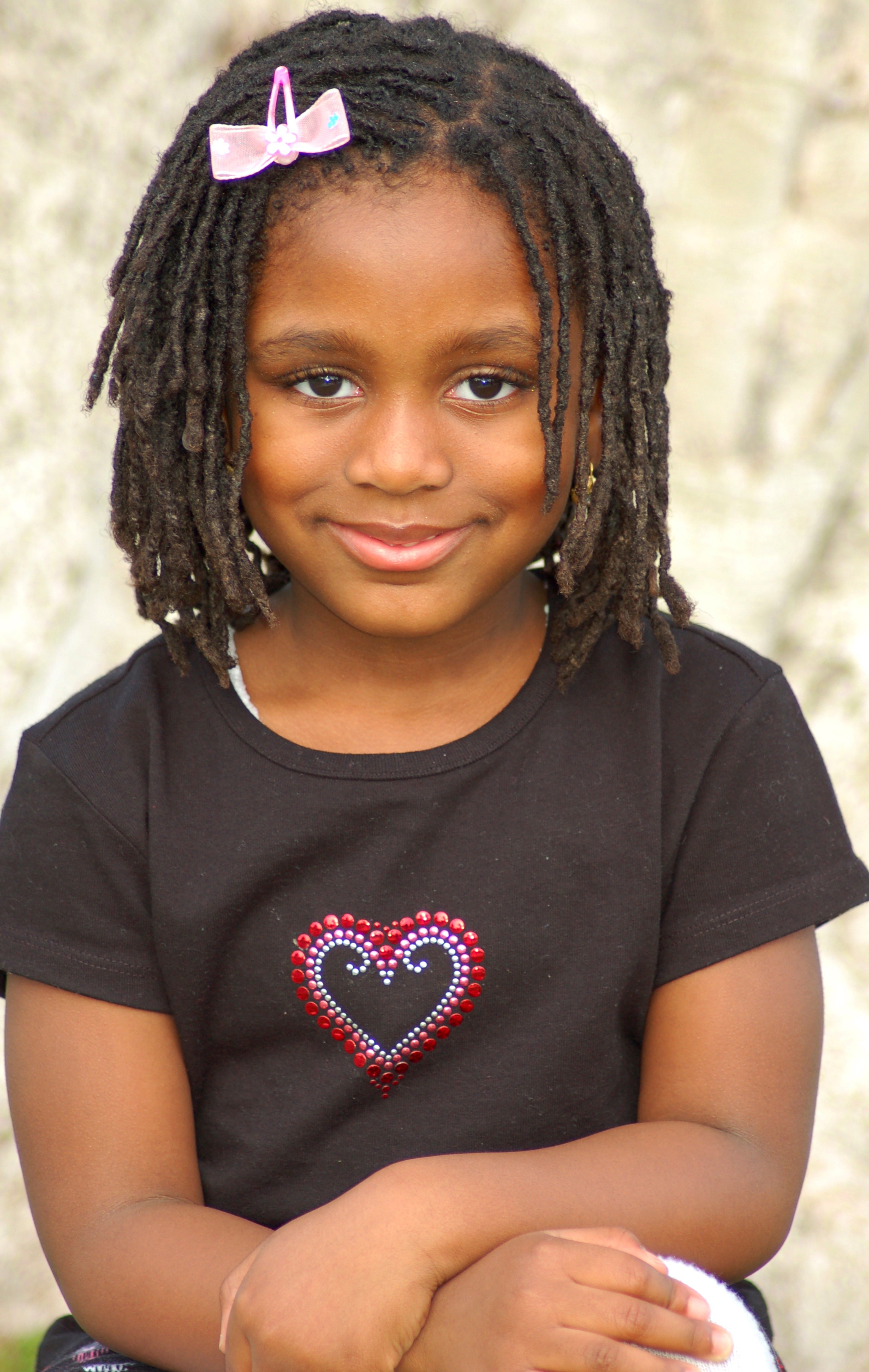
Getting your Trinity Audio player ready…
But then she went through that balding phase that a lot of Black babies endure, when the back of their heads look like some really mean prankster replaced their hair with patches of wooly-looking carpet. I remember putting my hand out and praying over her precious little head whenever she would toddle by. That hair was a challenge and only the Lord could fix it.
Still, I refused to perm it. I didn’t straighten it. I didn’t toss some Kanekalon or Yaki on top of it. I wanted her to embrace her hair in its natural state, just like it was, and luxuriate in everything about her true self, including that wild mane of hair. She deserved better than to have a head full of horsehair making her feel cute. She deserved to feel cute of her own volition, getting confidence from hair that was naturally hers, not something bought from a beauty supply.
But those tresses, just like the person under them, were super stubborn. By the time she was in the 2nd grade, I asked her if she wanted to grow dreadlocks. After trying all kinds of oils and pomades and conditioners and different braiding techniques, it seemed like the only solution we hadn’t tried that would actually get my child’s hair to grow.
My first mistake, before she even sat in the beautician’s chair, was asking my family for their opinion. Both of her grandmothers were horrified. I think my mom had a vision of some unkempt Bob Marley-esque cords and the other was worried about the permanence. What if Skylar wanted to change her hairstyle? What if she got tired of locks? The child would have to cut all her hair off and start over.
My argument was that the girl’s hair wasn’t going to go much further than it already was. Cutting it off was really no different than never seeing it grow. And grow it has. Five years later, beautiful, healthy locks hang down her back.
Having straight hair is so indoctrinated into Black culture, some children are barely old enough to be out of a car seat before their mamas have their kinks and curls slathered into chemically treated mercy. It can be beautiful. But it can also teach our girls that their crowning glory isn’t good, isn’t pretty, isn’t manageable unless it’s been processed into stick straightness. That’s sad on so many levels.
One of the beauties of being a Black woman is the versatility we have with our fabulous hair. Heck, I have a perm myself and I’m super proud of my African-ness. But my mother made me wait before I could put any kind of chemicals in my hair. I had time to learn it, to appreciate its wavy thickness. On special occasions, I had to dodge the straightening comb and a jar of Blue Magic like most Black girls. But I’m thankful she encouraged me to love my hair from the roots — the ones on my head and the ones from my heritage. That’s definitely been passed on to my daughter. I’m sure if we hadn’t locked that my child would still be struggling with the little Afro puff she had.
But I know one thing: I’m proud that she’s proud of her real hair. And if, sometime down the line, she decides to cut her locks off and get a perm, I won’t be upset. Because it’s the mentality I wanted her to embrace as much as the hair itself.